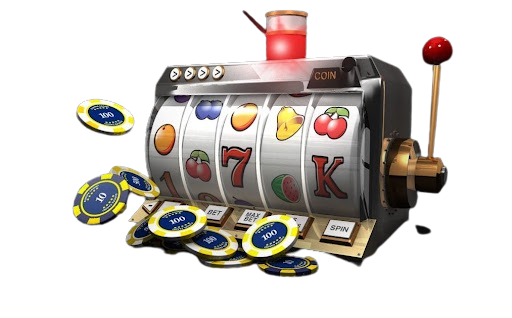Introduction:
Games have been an integral part of human culture for centuries, evolving from traditional pastimes to sophisticated virtual realities. Whether it’s a simple game of chess played on a wooden board or an immersive experience in a virtual universe, games offer entertainment, challenge, and often a sense of community. In this article, we delve into the diverse landscape of games, exploring their history, evolution, and the impact they have on individuals and society.
The Evolution of Games:
The history of games dates back thousands of years, with evidence of ancient civilizations engaging in various forms of entertainment. From the strategic gameplay of ancient board games like Senet in Egypt to the athletic competitions of the Olympic Games in ancient Greece, games have always served as a means of recreation and competition.
As societies progressed, so did the complexity and diversity of games. The Middle Ages saw the rise of games like chess and backgammon, which tested players’ strategic thinking and decision-making skills. With the advent of the industrial revolution, traditional games began to intertwine with technology, leading to the invention of mechanical arcade games and early forms of electronic entertainment.
The 20th century witnessed a gaming revolution with the emergence of ASTONSLOT video games. Pioneering titles like Pong and Space Invaders paved the way for the multi-billion dollar industry we know today. From the pixelated graphics of early arcade games to the stunning visuals of modern AAA titles, video games have become a dominant form of entertainment, captivating audiences of all ages around the globe.
The Rise of Virtual Realities:
In recent years, advancements in technology have opened up new frontiers in gaming, particularly with the rise of virtual and augmented realities. Virtual reality (VR) technology allows players to immerse themselves in fully interactive digital environments, blurring the lines between the virtual and the real world. Whether it’s exploring fantastical realms, simulating real-world experiences, or engaging in competitive multiplayer battles, VR has revolutionized the way we play games.
Augmented reality (AR), on the other hand, overlays digital elements onto the real world, creating hybrid gaming experiences that blend physical and digital interactions. Games like Pokémon GO have demonstrated the potential of AR to encourage exploration and social interaction on a global scale, turning the streets into playgrounds and bringing people together in shared experiences.
The Impact of Games:
While games are often associated with entertainment, their influence extends far beyond mere amusement. Research has shown that gaming can have cognitive, social, and even therapeutic benefits. From improving problem-solving skills and spatial awareness to fostering teamwork and communication, games offer a wealth of opportunities for personal growth and development.
Moreover, games have the power to bring people together and forge connections across boundaries of geography, culture, and language. Online multiplayer games enable players from different parts of the world to collaborate, compete, and form communities based on shared interests and passions. In an increasingly interconnected world, games serve as a universal language that transcends barriers and fosters understanding and empathy.
Conclusion:
From ancient board games to cutting-edge virtual realities, games have undergone a remarkable evolution, shaping and reflecting the societies in which they emerge. As we continue to push the boundaries of technology and creativity, the world of games will undoubtedly evolve even further, offering new experiences, challenges, and opportunities for generations to come. So whether you’re a casual player or a hardcore gamer, there’s never been a better time to explore the dynamic and diverse world of games.